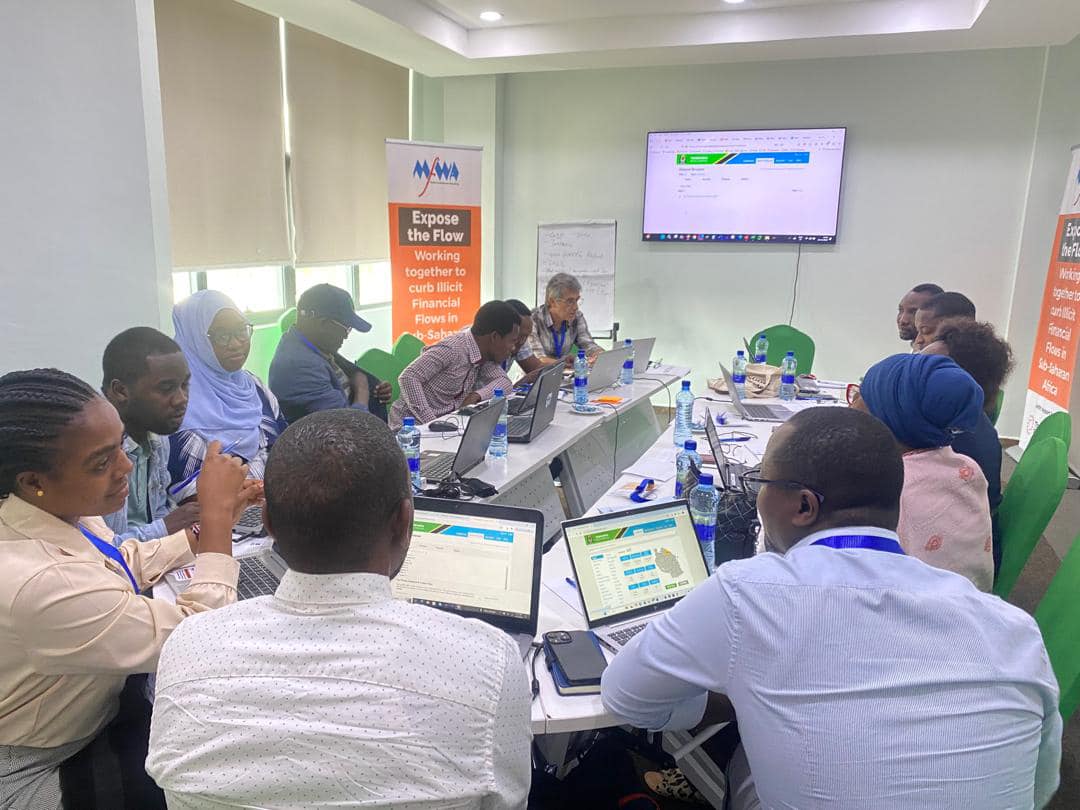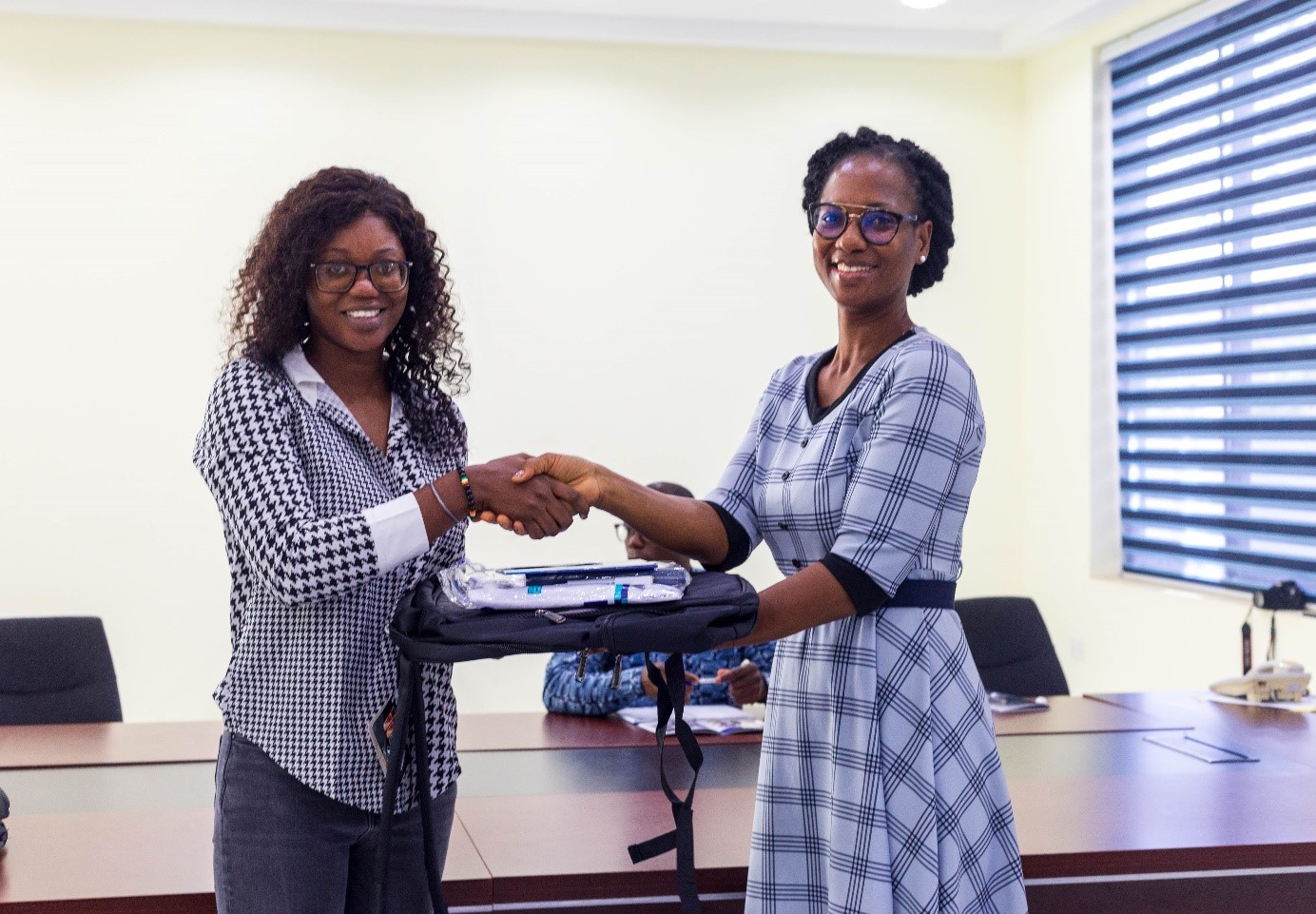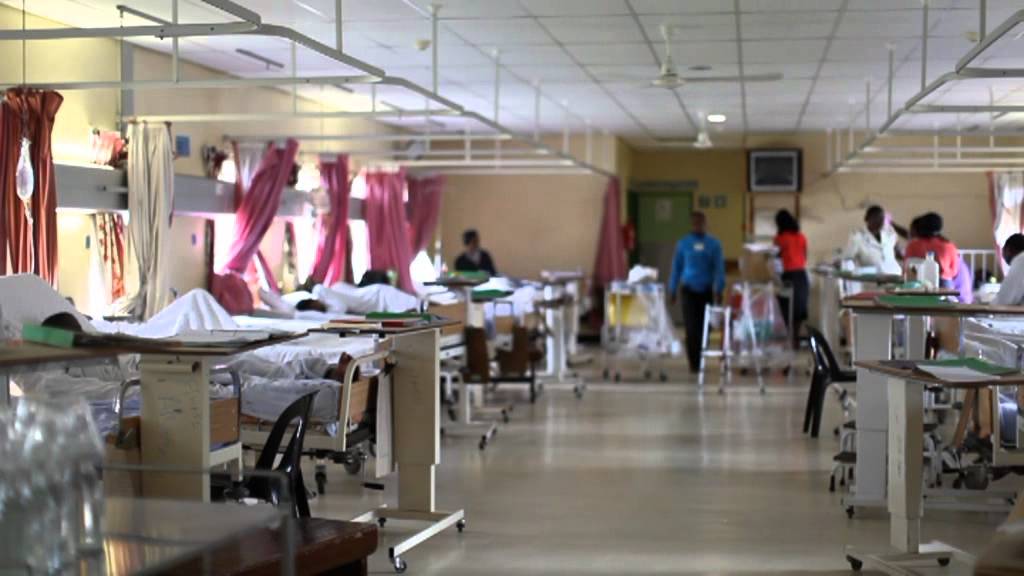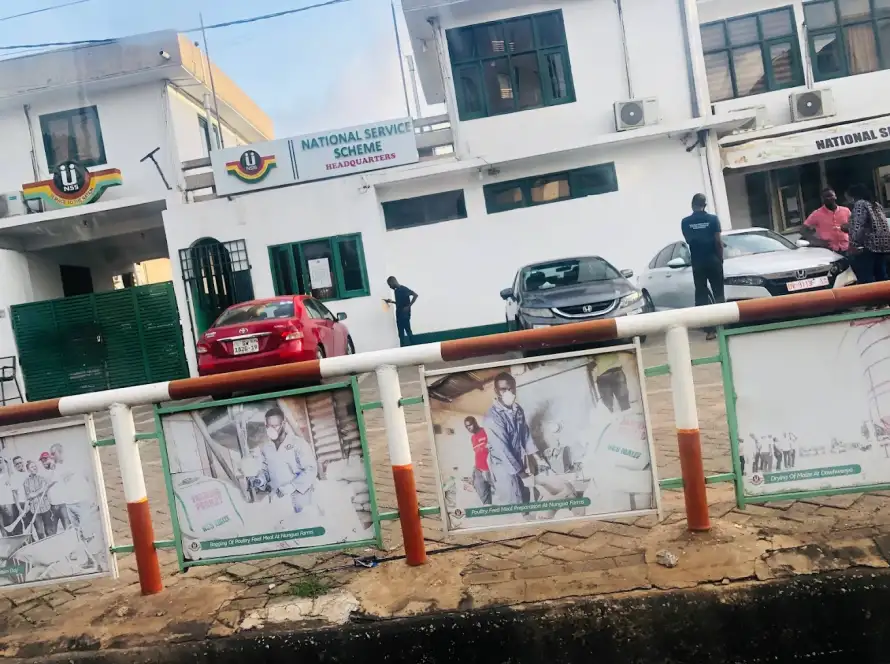Transforming complex worksheets with millions of data points into powerful ideas that tell a compelling story requires time and the application of a number of skills. It is a process that is investigative, creative and technical; all of which are an increasingly fundamental requirement for newsrooms globally.
As data journalism becomes a cornerstone of impactful reporting, there is a growing need to equip media professionals with the skills to interrogate data, uncover hidden stories, and drive accountability.
Recognising this need, the Media Foundation for West Africa (MFWA), with support from the Thomson Reuters Foundation, in 2024 trained journalists in Ghana, Kenya and Tanzania to produce data-driven stories that influence policy, demand transparency and hold duty bearers to account.
The three separate three-day trainings exposed journalists to tools such as Flourish, Google Sheets and Tableau. The trainings also allowed participating journalists to search data in machine-readable formats and try their hands at verifying, cleaning, analysing, packaging and presenting data into stories. This practical session was a first time for some of the participants.
Throughout the training workshops, examples of high-quality data-driven storytelling and sources were shared, along with best practices for integrating data tools into a journalist’s daily workflow.
One inherent challenge in data-driven storytelling is the disconnect between the training experience and real-world application. Because the training sessions are often for a short period, there is no way anyone could acquire all the skills and become an expert data journalist. Hence, as part of long-term skills and knowledge acquisition, the MFWA has initiated a mentorship scheme where trained data journalists benefit from a three-month coaching.
During this mentorship, journalists pitch data related stories and their mentors guide them by helping them to shape their story ideas and develop a workplan on how to proceed with it. This process provides additional learning and coaching opportunity to put the knowledge and skills acquired to practical use. The journalists are also given story grants to enable them to carry out field visits and investigations to enrich their stories.
In the last three years, the MFWA has trained more than 100 journalists from across West and East Africa on Illicit Financial Flows. The trainings have exposed journalists to the complex issue of illicit financial flows and its negative impact on economies around the globe.
The three-day data journalism trainings and mentorship form part of a series of activities that the MFWA is implementing to increase and promote stories on IFFs in sub-Saharan Africa. The project is being implemented by a consortium of civil society organizations from Ghana, Tanzania, Kenya, Mozambique and Rwanda.






